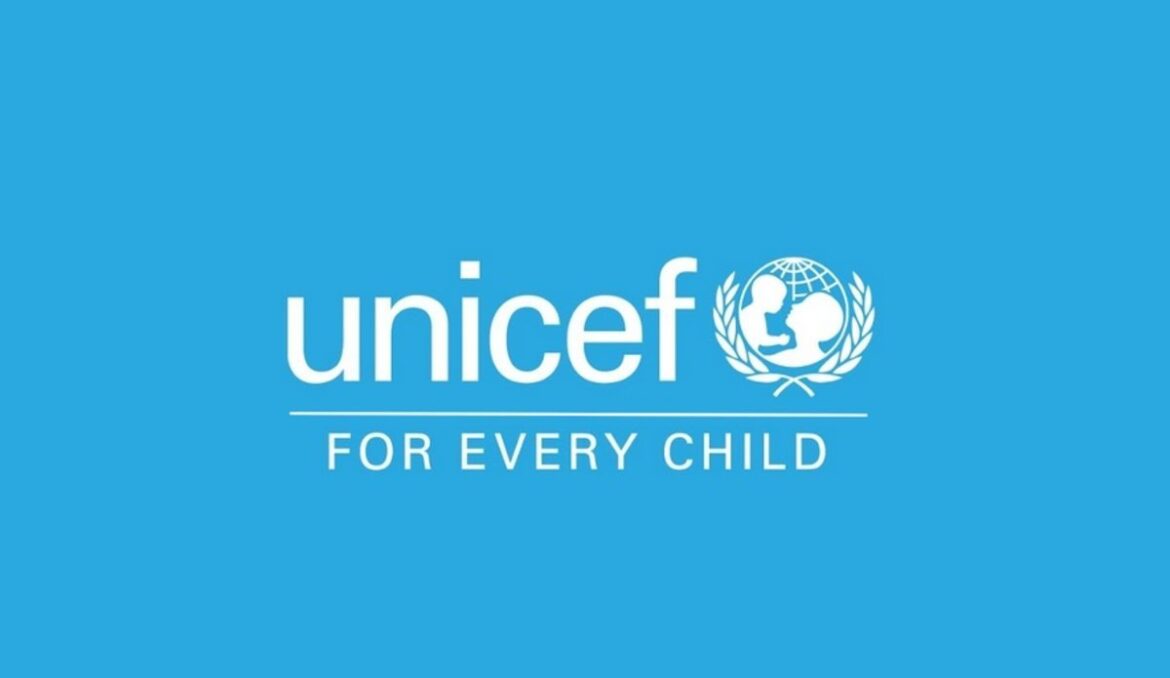By Asmau Ahmad
The United Nations Children’s Fund (UNICEF) revealed that it had vaccinated 30 million children in Nigeria in the last five years.
UNICEF Communication Specialist, Mr. Geoffrey Njoku, disclosed this on Monday in Kano during a two-day media dialogue.
The dialogue was on UNICEF’s new country programme 2023-2027 and the status of implementation of the Child Rights Law (2023) in states.
According to Njoku, the number of vaccinated children is part of the organisation’s country programme result for 2018-2022.
He explained that the vaccinations were done through integrated campaigns against life-threatening diseases.
“58 million children were vaccinated against polio; also, we achieved zero dose strategy in 100 local government areas to reach underserved children across 18 states. 22 million children also received two doses of Vitamin A in 2022,” he added.
Njoku also said that the organisation facilitated birth registration for 7.4 million children under the age of five, while 2.8 million children living in conflict-affected areas received psychosocial support.
On education, he said that the organisation supported 1.5 million girls to get enrolled in schools using a new evidence-based approach, while five million children continued learning during the COVID-19 pandemic.
This, he said, was achieved using radio, television and home-based materials.
He, however, said that in the new 2023-2027 programme for Nigeria, its vision is “to ensure the rights of every child in Nigeria, especially the most excluded are helped to survive, thrive, learn, be protected and develop to their full potentials”.
It also hopes to free them from poverty in a safe and sustainable climate and environment.
The five-year strategic plan which began in January is meant to help Nigerian children who are left behind in developmental strides meet up with their counterparts in other parts of the world.
UNICEF, according to him, also intends to achieve the plan using the four major components of child survival – Health, Polio, Nutrition, Water, Sanitation and Hygiene (WASH) and HIV/AIDS), basic education, child protection, social policy and gender equality.
Njoku informed that the plan has Universal Health Coverage, reduction of maternal neonatal mortality and rapid response to public health outbreaks as goals.
“By 2027, we want to have over one million additional children immunised (zero-dose), 15,000 additional community health workers trained, and over 1,700 Primary Health Care facilities in 14 states meet PHC minimum standards.
“We also want to have state-level and national capacities built to prepare and respond to public health emergencies.
“On nutrition, we project that we would have 50 million children aged six to 59 months receive Vitamin A twice a year.
“Also, 12.5 million women (50 per cent of pregnant women) receive more than 90 iron-folic acid tablets or micronutrient supplements in 19 states.”
In the education sector, the organisation said it planned to support 10 million children to access formal or non-formal education by 2027.
UNICEF noted that many children in Nigeria were left behind in many areas.
It also pointed out that the nation had the world’s highest number of out-of-school children, as an estimated 10.1 million of primary-age school children are not in school.




